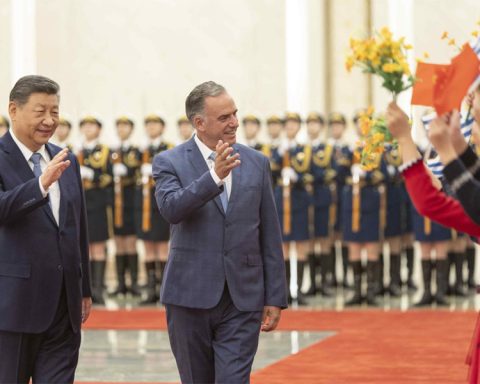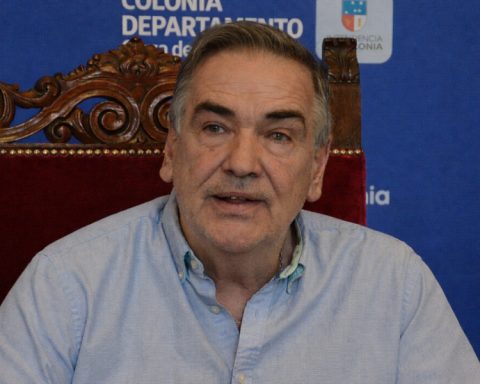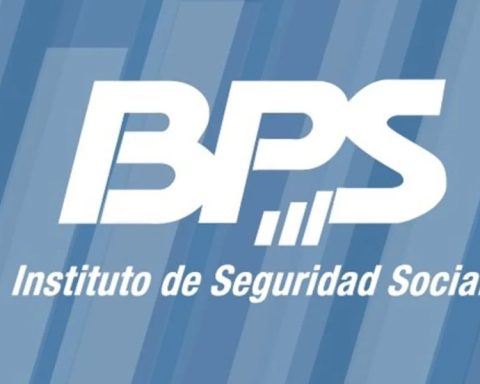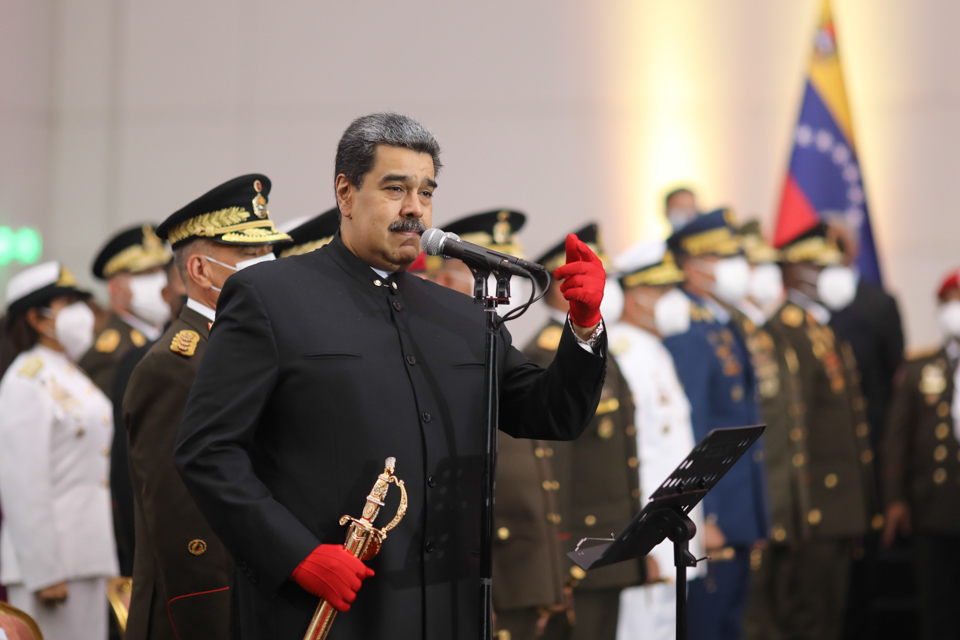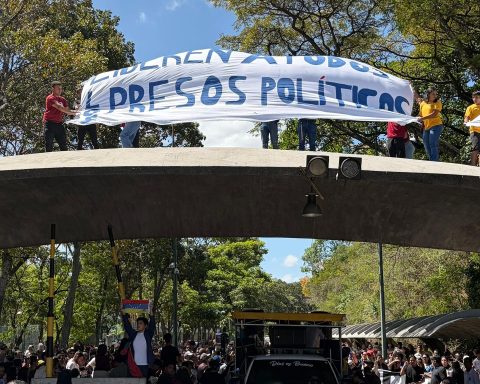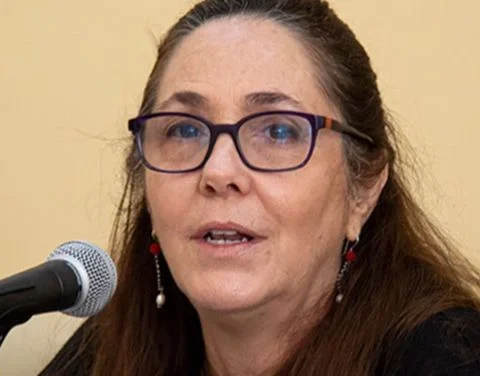
Last weekend the 50th Ordinary Congress of the Socialist Party was held, called: “Compañero Guillermo Chifflet”. Almost 600 delegates elected by 120 grassroots organizations participated.
After the meeting, the PS issued a statement in which it makes 20 proposals “for a decent life”, they are:
1) Comprehensive review of the State’s tax waiver policy and application of various instruments to limit extraordinary profits and the concentration of capital.
two) Sensitive increase in the lowest pensions and pensions, among which almost 150,000 lower than 15,492 pesos are counted. Wage policy that guarantees the substantial recovery of submerged wages, a significant increase in the minimum wage and mechanisms that prevent the loss of real wages.
3) Support for cooperativism, the social economy and other initiatives of the popular economy, stimulating all formats that do not imply exploitation of work and that advance in the democratization of ownership and management (self-management and co-management) of productive units.
4) Support for a genuine policy of colonization, for small agricultural production and particularly for agroecology.
5) Use of all the instruments of economic policy and democratic programming for the productive diversification of the country, stimulating the addition of value in activities and projects that are consistent with the objectives of distribution, democratization and environmental justice referred to in the other proposals.
6) Promotion of policies that guarantee food sovereignty and security for the entire population.
7) Promotion of a community social policy, built from listening to the real needs and potentialities of the communities, appealing to the methodology of popular education and avoiding any top-down or techno-bureaucratic practice that involves conceiving vulnerable groups as objects of intervention or aid rather than as subjects of their own organization and emancipation.
8) Participatory educational transformation, which banishes managerial and technocratic logics and puts in dialogue the knowledge of all the actors involved in national education for the strengthening of a critical, emancipatory and truly egalitarian and inclusive public education, which values human diversity in all its expressions.
9) Coexistence policy that replaces the punitive and confinement logic that has prevailed in approaches to public security, with a comprehensive approach that includes labor, housing, educational, recreational aspects, etc.
10) Investment in science and technology, promoting the application of knowledge to the positive transformation of the structures and living conditions of the population, without subordinating science and technology to market requirements.
eleven) Environmental protection that prevents the overflow of productivism and extractivism, stimulating a fair relationship with nature and imposing economic costs and prohibitions on polluting practices.
12) Promotion of the cooperative model in terms of housing and habitat, and promotion of popular housing programs of different types with support oriented directly to those who need it to have a decent roof over their heads. Urban reform, understood as a popular project guided by the perspective of the right to the city, prioritizing the interests of those who work and live in cities as opposed to speculation and capitalist appropriation of the urban environment.
13) Implementation of policies that tend to gender equality in all spheres of life, from the domestic and labor spheres to political participation. Revitalization of the care system as a way to guarantee people’s autonomy and co-responsibility in care tasks.
14) Policies to democratize access to cultural assets and encourage cultural and artistic training and creation.
fifteen) Deepening of health promotion measures, emphasizing prevention and equality in care, which values the social and health reality of the population.
16) Democratization of the State and administrative transformation aimed at eliminating all forms of institutional violence and generating new devices for participation and decentralization that allow for influencing public affairs from the very foundation of society. The transformation of the State also implies its modernization and the abandonment of neo-managerial and commodifying forms of public management, which reduce citizens and users to mere clients.
17) Democratic reform of the Armed Forces, deepening the path begun with the new military organic law, discussion of its role and drastic reduction of the Army (without affecting jobs and redistributing officials to civilian activities). Transformation of military training and international defense cooperation policy.
18) Development of permanent strategies for the democratization of technological capital gains, immediately promoting projects such as the reduction of working hours and training programs for workers.
19) Elimination of profit in social security and reform of the system based on a greater contribution from the high-profit capitalist sectors and the elimination of corporate schemes, without imposing an increase in the retirement age or reducing the rights of workers and retirees/ ace.
twenty) Review and suppression of all policies and lines of cooperation that hinder regional integration and imply greater subordination to imperialist powers.

